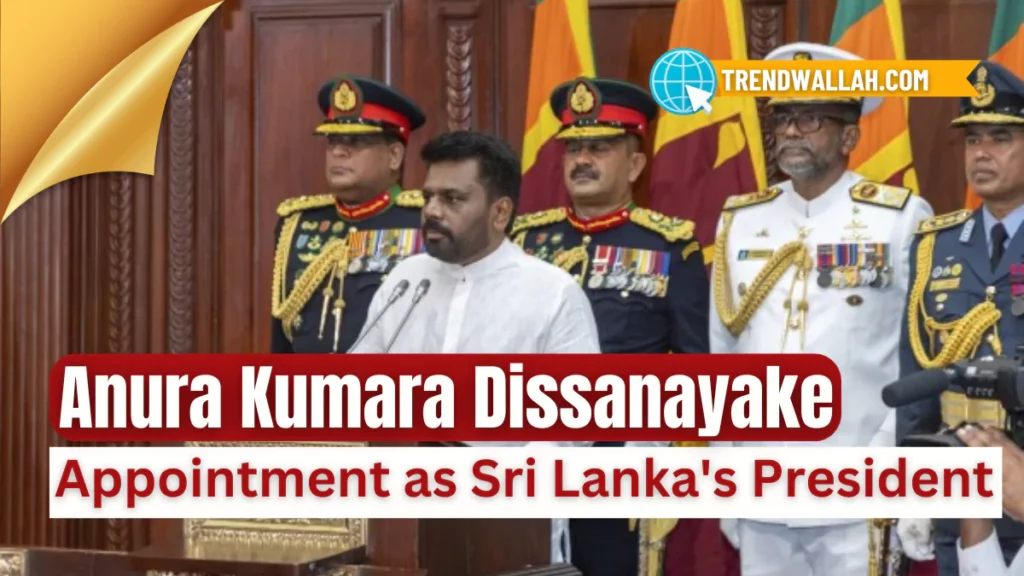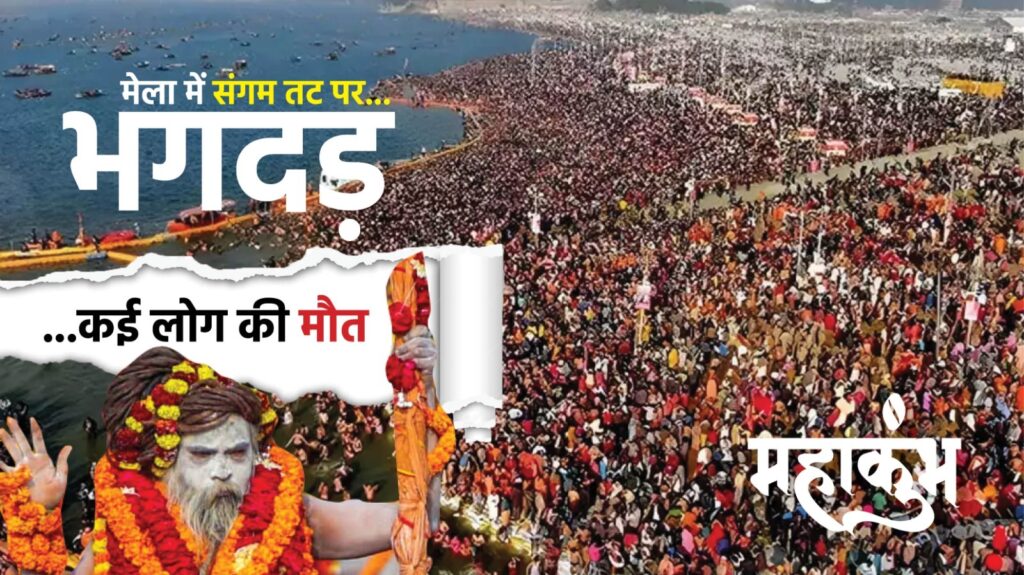
Anura Kumara Dissanayake took office as the 9th Sri Lanka’s President on September 23, 2024. His appointment comes at a time when the country is recovering from its worst economic crisis in decades and marks a shift in leadership away from the long-standing political families that have governed Sri Lanka. Dissanayake’s victory signals a desire for change, as Sri Lanka moves toward addressing corruption and economic challenges.
Presidential Election in Sri Lanka: Key Details
The presidential elections took place on September 21, 2024. This was the first election following massive protests in 2022 against the government led by former President Gotabaya Rajapaksa, who fled the country. A total of 38 candidates contested in this election, with no candidate securing more than 50% of the vote in the first round. In the second round, Anura Kumara Dissanayake was declared the winner with 42.31% of the vote, defeating his closest rival, opposition leader Sajith Premadasa.
Background of Sri Lanka’s Economic Crisis
Sri Lanka has faced significant economic problems, including a debt crisis, inflation, and tax increases due to a bailout package from the International Monetary Fund (IMF). These issues led to widespread discontent among the public, particularly the poor and middle class, who supported Dissanayake in this election.
Anura Kumara Dissanayake’s Aims and Motivation
Anura Kumara Dissanayake is a leader of the Marxist Janatha Vimukthi Peramuna (JVP) party. During his campaign, he promised anti-corruption measures, economic reform, and increased welfare programs. He aims to build a “cleaner” political system and address the demands of the 2022 protests, also known as Aragalaya.
Impact of Anura Kumara Dissanayake’s Presidency
Globally, Dissanayake’s leadership could shift Sri Lanka’s foreign relations, especially with India and China. His past ties to the Marxist movement and his stance on economic issues have raised questions about how he will handle relations with these countries. While he has expressed willingness to work closely with India, his approach to China’s Belt and Road Initiative remains significant.
Nationally, his presidency is expected to bring changes in governance, with a focus on reducing corruption and improving the economic conditions of Sri Lankans.
| Event | Date |
| Presidential Election | September 21, 2024 |
| Anura Kumara Dissanayake’s Victory | September 22, 2024 |
| Swearing-in Ceremony | September 23, 2024 |
This morning (23rd), I took oath as the 9th Executive President of the Democratic Socialist Republic of Sri Lanka in the presence of Chief Justice Jayantha Jayasuriya at the Presidential Secretariat.
— Anura Kumara Dissanayake (@anuradisanayake) September 23, 2024
I promise to fulfill your responsibility to usher in a new era of Renaissance… pic.twitter.com/TFJuyh9SbC
Sri Lanka’s President- Key Summary
- Anura Kumara Dissanayake is the 9th President of Sri Lanka.
- He won the election in the second round of counting with 42.31% of votes.
- Dissanayake promises to fight corruption and improve the economy.
- Sri Lanka faces economic challenges following the 2022 protests.
- His leadership could affect international relations, particularly with India and China.
Also Read- Laapataa Ladies – India’s Official Entry for 97th Oscars Awards 2025
He is a left-leaning politician and the leader of the Janatha Vimukthi Peramuna (JVP), a Marxist party in Sri Lanka.
No candidate secured more than 50% of the votes in the first round, necessitating a second round.
The crisis was caused by a combination of government debt, inflation, and the IMF’s bailout conditions, which included tax increases and spending cuts.
His presidency could lead to shifts in relations with key countries like India and China, particularly regarding economic policies.
He focuses on anti-corruption measures, economic reform, and improving welfare programs.
Anura Kumara Dissanayake is Sri Lanka’s President
